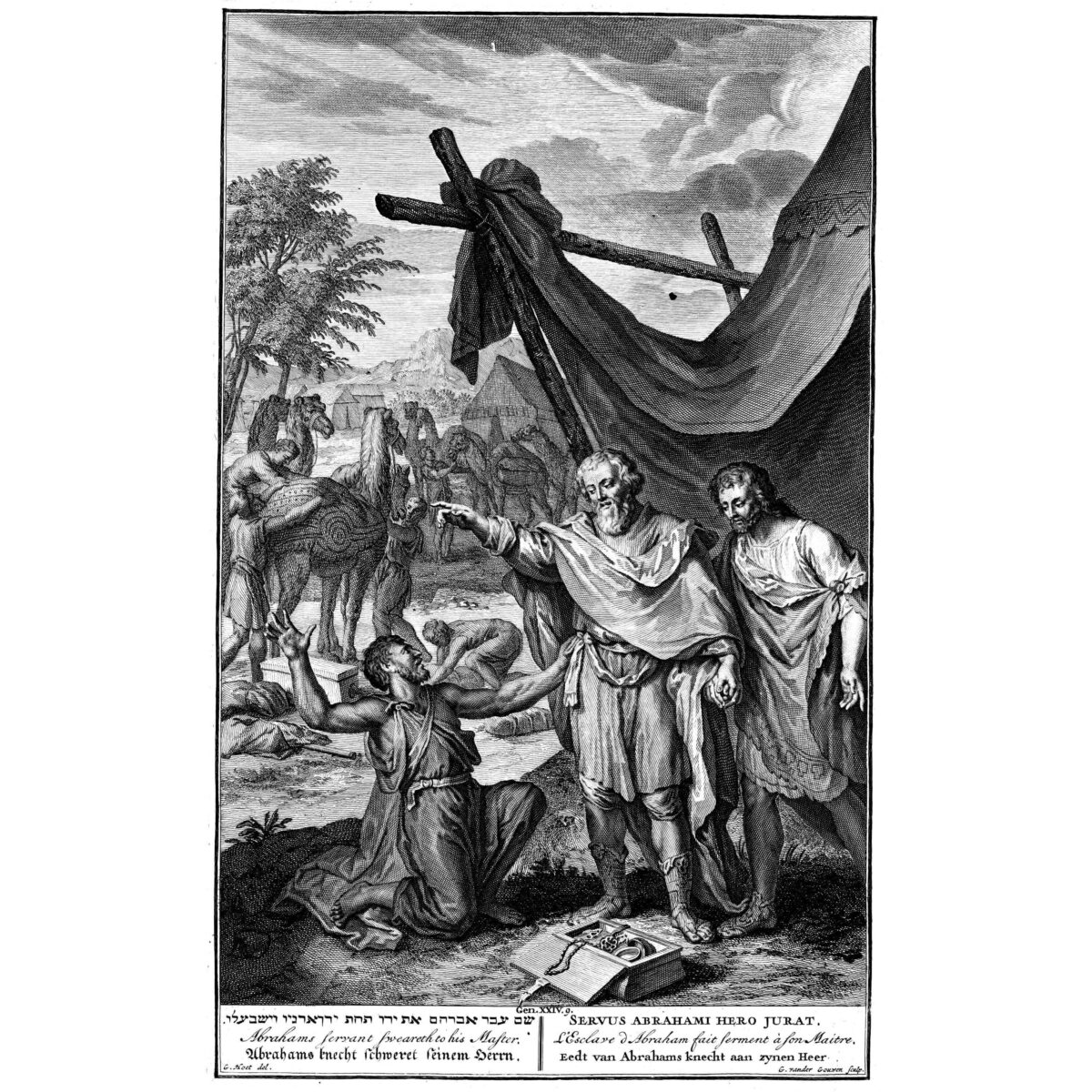Scripture and Slavery

Podcast: Play in new window | Download (Duration: 1:32:05 — 174.9MB) | Embed
Hosts

Corey J. Mahler

The modern world contends that slavery is incompatible with Christianity and that Christians must oppose slavery. Is this what Scripture teaches? The Christian must always turn to Scripture, not to the Enlightenment or to the secular oracles who proclaim newfound morality and a progressive revelation.
Scripture actually deals with slavery at length and in detail. In this episode, we go through the Scriptural teaching on slavery. The world may believe whatever it likes, but the Christian must hold firm to the Word of God — and Scripture does not oppose slavery.
Subscribe to the podcast here.
See Also
Further Reading
Parental Warnings
None.
Current Sponsor(s)
Coming soon?
Support the Podcast
Comments?
Join the discussion on Telegram, visit the feedback form or comment below.
A side effect of preserving lives in War as per Deuteronomy 20,21:
“12But if they refuse to make peace with you and wage war against you, lay siege to that city. 13When the LORD your God has delivered it into your hand, you must put every male to the sword. 14But the women, children, livestock, and whatever else is in the city—all its spoil—you may take as plunder, and you shall use the spoil of your enemies that the LORD your God gives you. 15This is how you are to treat all the cities that are far away from you and do not belong to the nations nearby.”
In regards to the treatment of captive women taken as a result of victory in sieges:
“10When you go to war against your enemies and the LORD your God delivers them into your hand and you take them captive, 11if you see a beautiful woman among them, and you desire her and want to take her as your wife, 12then you shall bring her into your house. She must shave her head, trim her nails, 13and put aside the clothing of her captivity.
After she has lived in your house a full month and mourned her father and mother, you may have relations with her and be her husband, and she shall be your wife. 14And if you are not pleased with her, you are to let her go wherever she wishes. But you must not sell her for money or treat her as a slave, since you have dishonored her.”
The implicit accusation is that power difference is inherently abusive in regards to the opposition to slavery in principle.
Slavery in the west has NOT been eliminated it is just called different names such as citizen, employee or lendee or renter.
USA has trillions in debt so we are debt slaves until that is paid or we get a jubilee. Try not paying the extortion taxes to your landlords and see how free you feel.
Usuary and the Central Bank pyramid extortion system has enslaved most people in the USA.
Usury, as a central pillar of the US economy, is certainly a significant issue, and does make effective slaves of many.
I dont remember you citing where in the bible it says you may take a slave for the rest of his/her life. Exodus 23:9 – Also thou shalt not oppress a stranger: for ye know the heart of a stranger, seeing ye were strangers in the land of Egypt. Leviticus 19:34 – But the stranger that dwelleth with you shall be unto you as one born among you, and thou shalt love him as thyself; for ye were strangers in the land of Egypt: I am the LORD your God. Wouldn’t enslaving a stranger or foreigner for life be unscriptural then? I remember reading a hebrew slave can be a slave for 6 years.
Slavery is not oppression, so that verse is irrelevant to the instant matter. As to the institution of slavery, it is regulated in a number of different places in Scripture, some of which explicitly deal with keeping slaves for life or even keeping the children of slaves. Among these are Genesis 16, 21; Leviticus 24; Deuteronomy 20; and 1 Kings 9.
Hello, do you have any recommendations to understand the intellectual genealogy of our anti-Christian modernity through and prior to the Enlightenment? Thank you.
We will be doing an episode on the Enlightenment. The reading recommendations for a general understanding of the era (and its priors) would be vast, and most of them are not profitable uses of time. If you have a specific area of interest, it might be easier to make recommendations related to that.